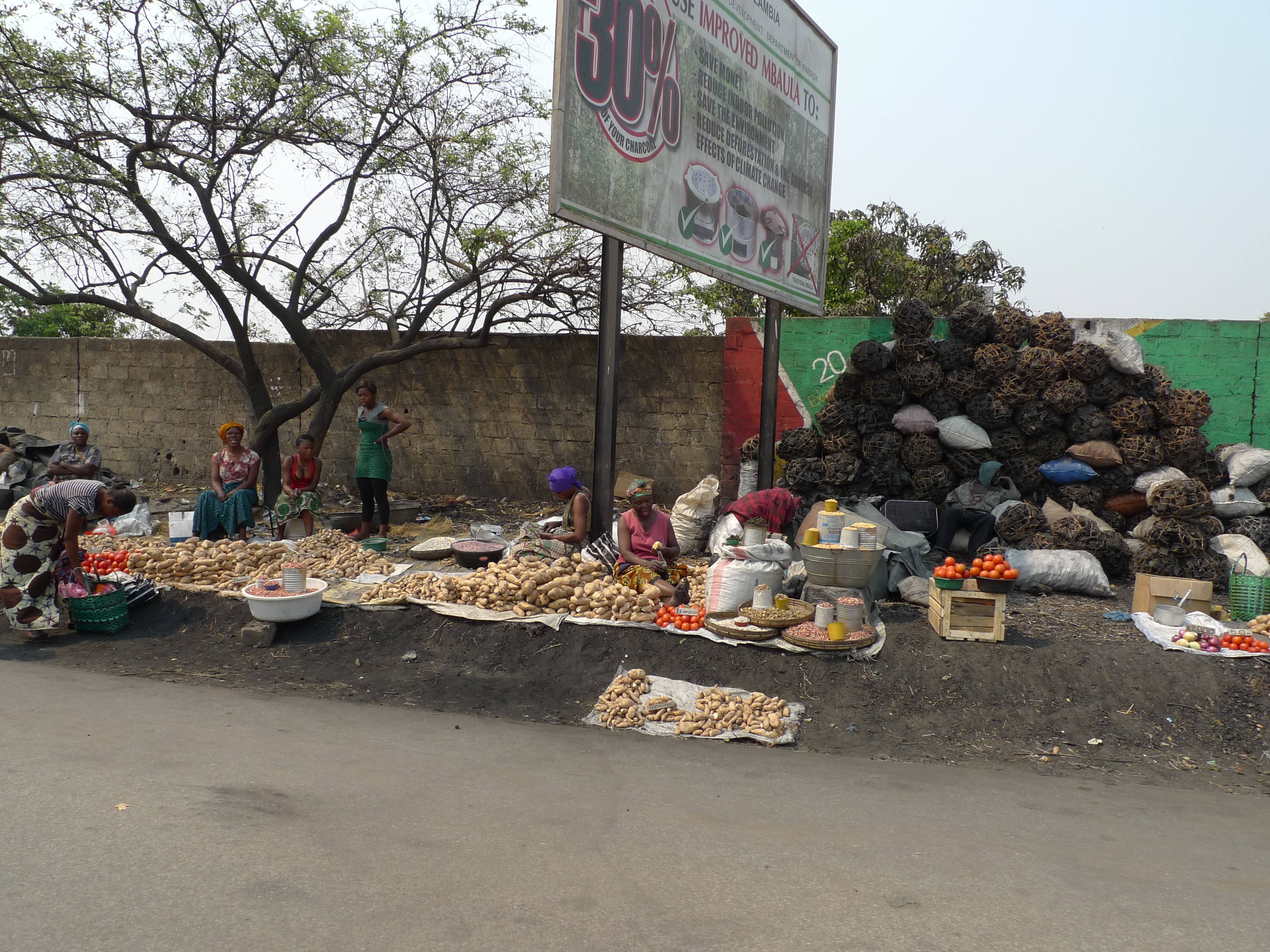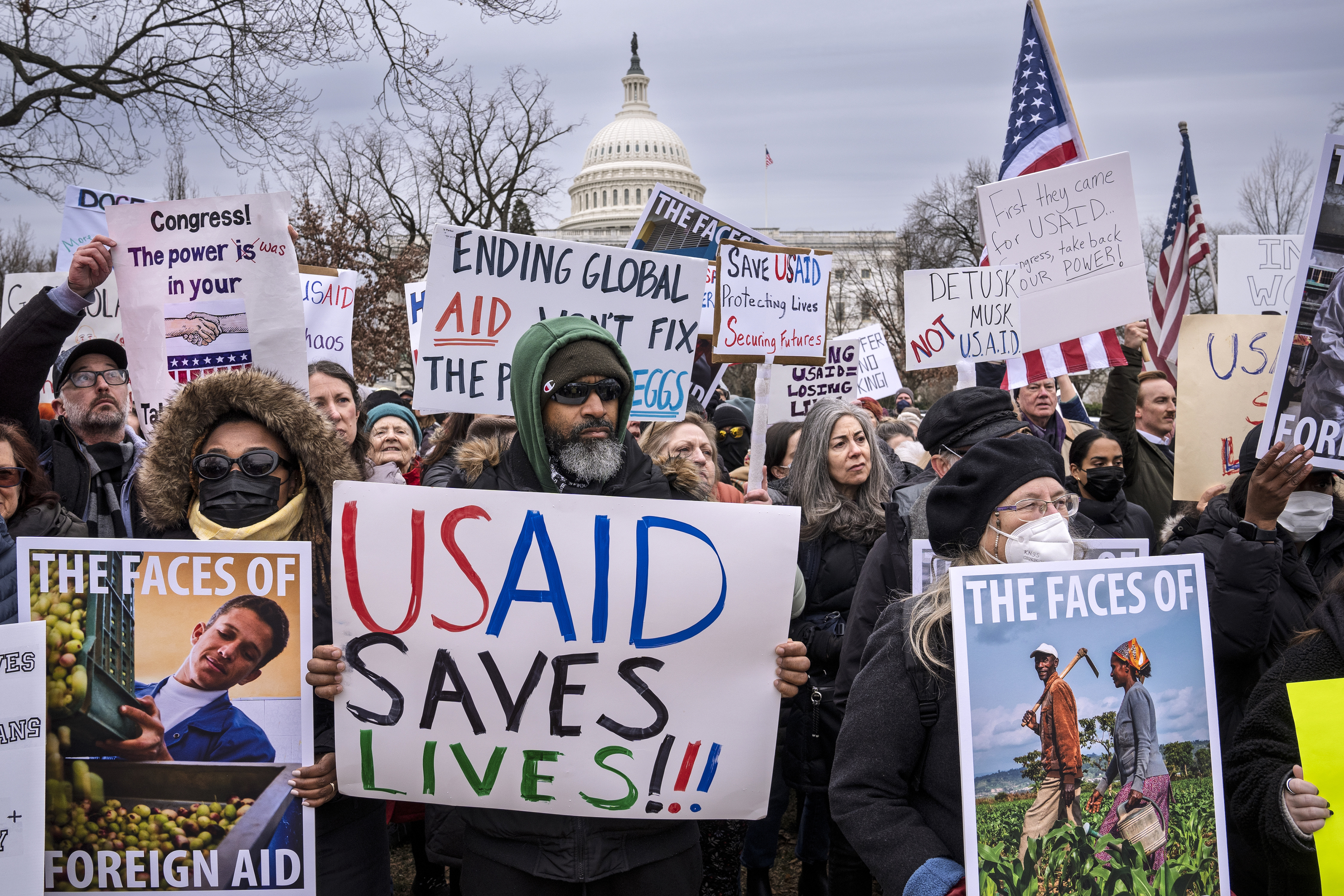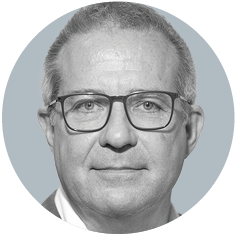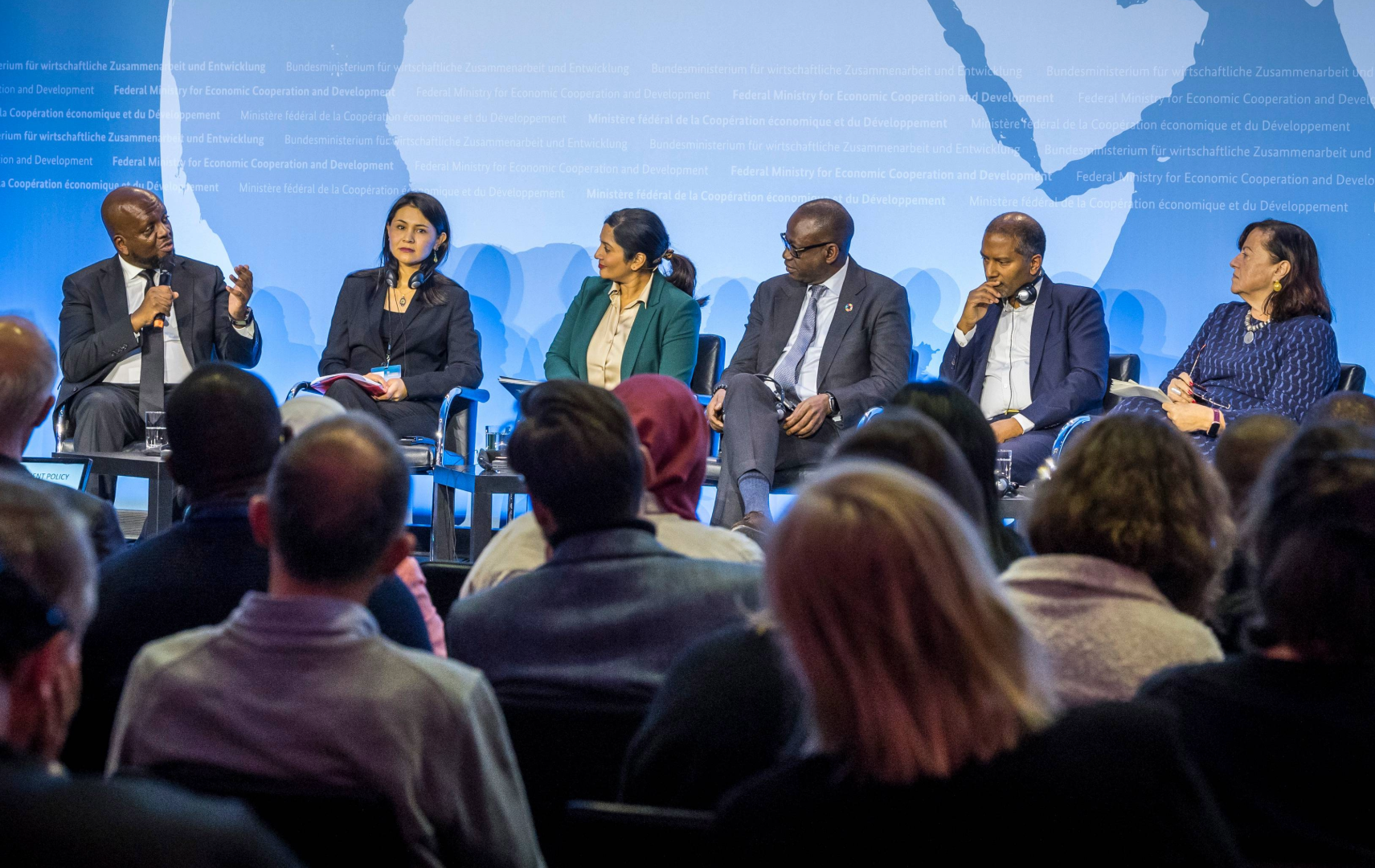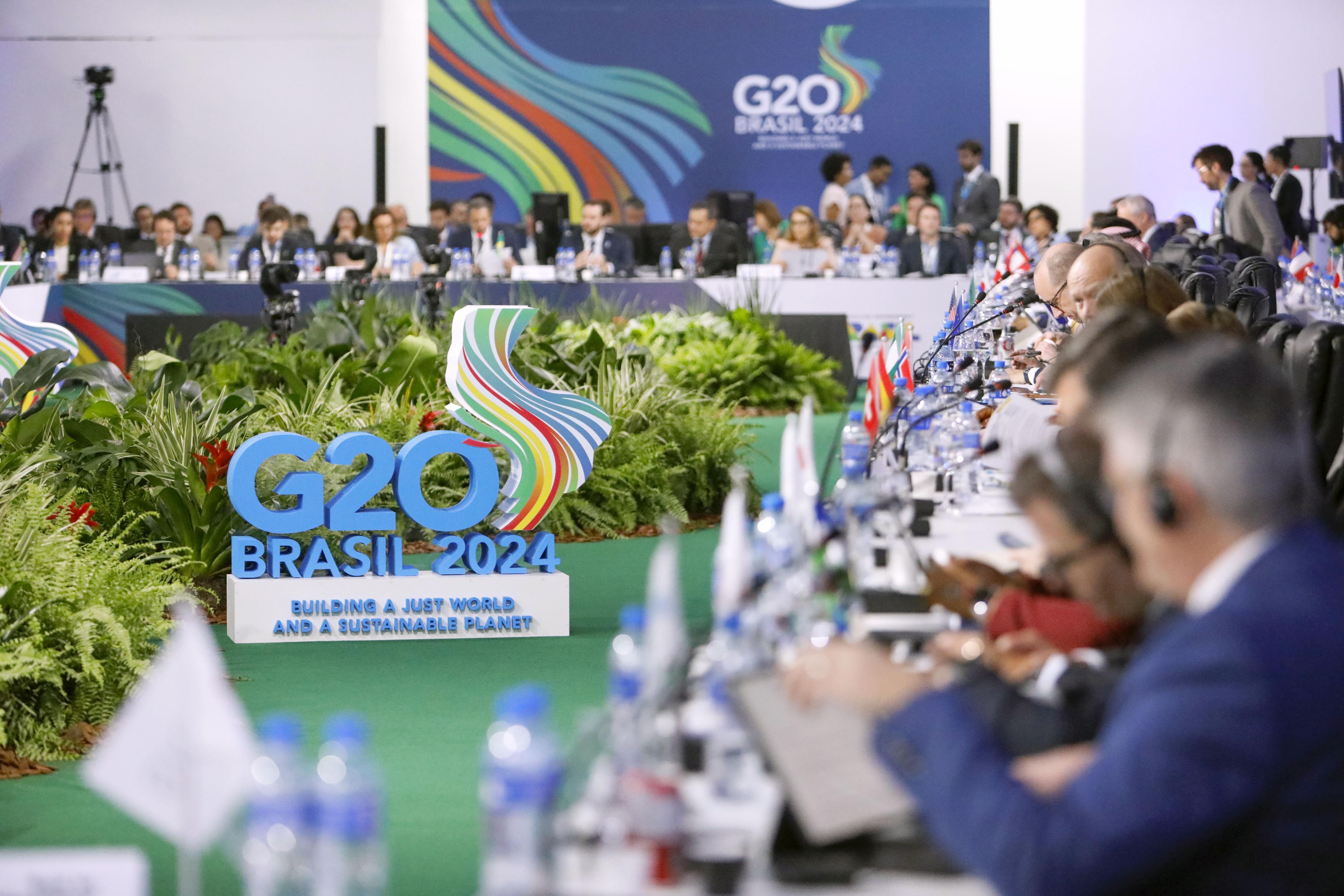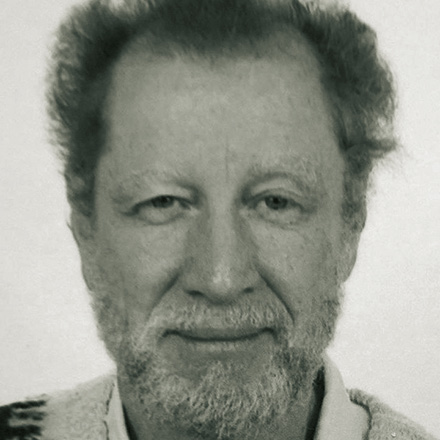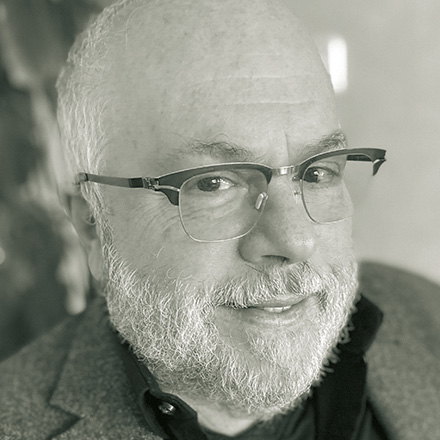Development financing
Wrong priorities in Germany’s federal budget
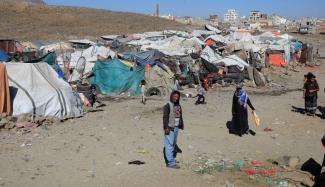
The German government’s plans for the 2024 state budget envisage cutting the Federal Ministry for Economic Cooperation and Development’s budget by more than 900 million euros compared to 2023. Moreover, the Federal Foreign Office's budget is likely to lose around 400 million euros for humanitarian aid. Predating the recent fiscal challenge, plans had been announced to cut funding for development cooperation by almost a quarter and for humanitarian aid by around 30 % in this legislative term.
These plans sharply contrast with the increasing demands in development policy, humanitarian aid and international climate funding. The list of global challenges is long, and progress towards achieving the UN Sustainable Development Goals (SDGs) remains meagre. Humanitarian aid needs are surging, exacerbated by the climate crisis that is severely impacting people worldwide. Food insecurity and hunger are plaguing millions. These issues have become worse in Haiti, Yemen, Afghanistan and Somalia in particular.
At the same time, many countries in the global south face tight budgets due to the pandemic and other challenges. Almost half of the world’s population lives in nations spending more money on debt interest than on education or healthcare. This precarious situation calls for greater international cooperation and financial aid. Additionally, escalating tensions from the Israel-Palestine conflict are a growing concern globally and regionally.
Financing targets at risk
This makes the planned cuts to German official development assistance (ODA) all the more worrying. They raise doubts as to whether the governing coalition of Social Democrats, Greens and Liberals will be able to meet the funding targets outlined in their coalition agreement. These goals include at least 0.7 % of gross national income (GNI) for ODA, including 0.2 % for the poorest countries – plus additional funds for international climate financing.
In the past two years, Germany achieved its 0.7 % target for two main reasons: Firstly, during the pandemic, the federal government used a small portion of its significant rescue funds to assist countries of the global south coping with the pandemic. Secondly, it reported more and more funds as ODA to the OECD which do not benefit the global south at all, such as the costs of accommodating refugees in Germany.
As we have reached the halfway mark of the SDGs, it is crucial for the German government to step up its efforts. Failing to meet the 2030 Agenda would disproportionately affect people in the global south. Rather than financially undermining development and humanitarian aid, the German government must take decisive action to address the global food crisis, growing inequality, humanitarian emergencies and the pressing challenges of climate change.
Civil-society organisations are spared
In the upcoming 2024 budget, funding for civil-society projects is set to be protected from cuts. This takes into account the crucial importance of these projects in achieving the SDGs and acknowledges their value. Civil society organisations (CSOs) are indispensable in combating inequalities and championing democracy, human rights and peace. Nevertheless, Germany falls way below the OECD average for CSO funding, which is around 14 % of bilateral ODA.
In 2021, VENRO estimated that around 31 billion euros are missing for German development funding and humanitarian aid to meet crucial targets within the current legislative period. Unfortunately, the current government plans do not suggest that this gap will be bridged in the foreseeable future. It becomes all the more important to fight for an allocation of appropriate financial resources for Germany to meet its obligations in tackling global challenges and supporting the socio-ecological transformation.
Åsa Månsson is Managing Director of the Association of German Development and Humanitarian Aid NGOs (VENRO).
a.mansson@venro.org
Lukas Goltermann is an expert on budgetary policy issues at VENRO.
l.goltermann@venro.org
Edit: The first paragraph of this text has been updated on 15 December 2023 due to recent developments.


